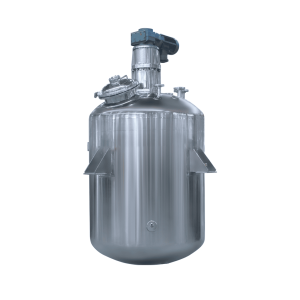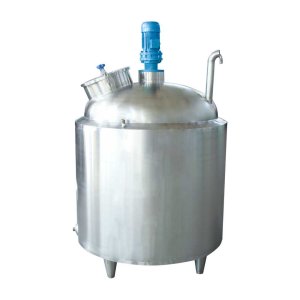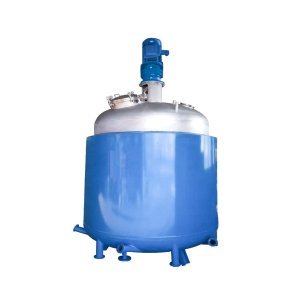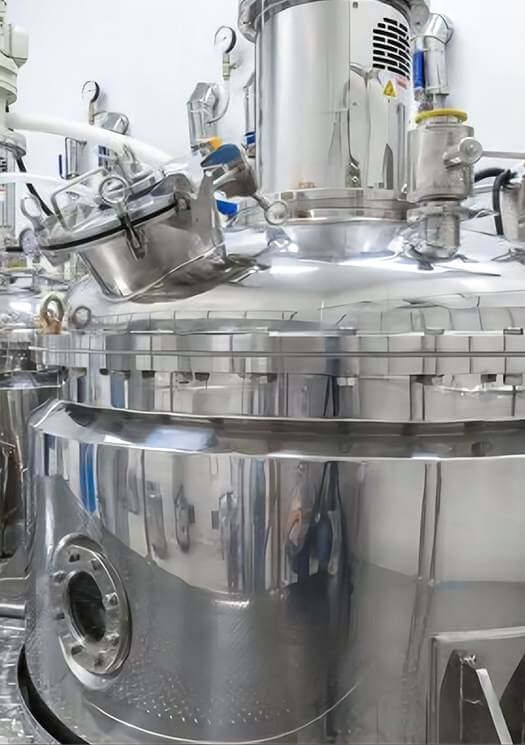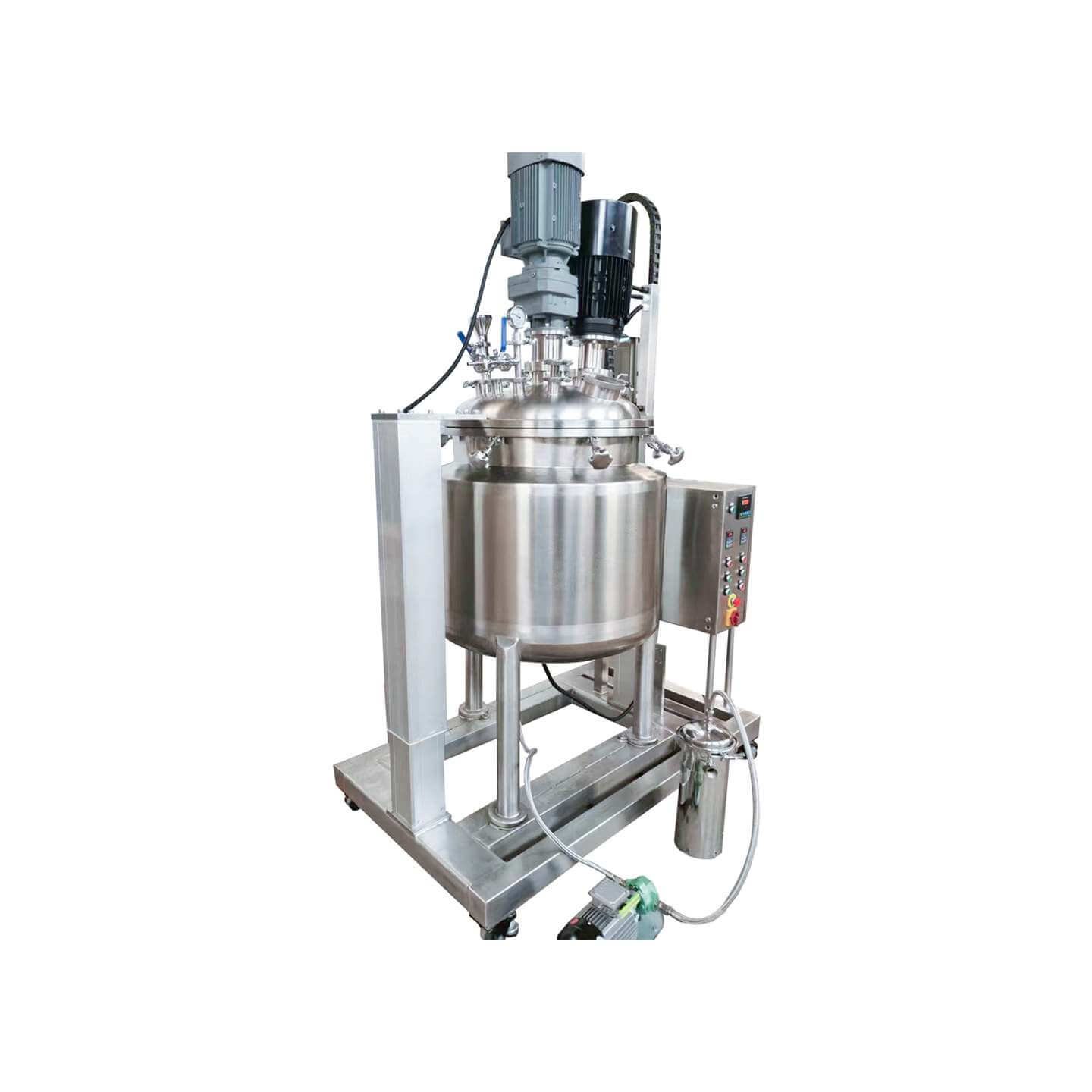

Laboratory Reactor
Laboratory reactor: used in the chemical industry, pesticide, paint, and other fields
Material
glass, stainless steel (316, 304), carbon steel, others
Capacity (L)
10-10000+
Mixing system
anchor, paddle, frame and others
Heating system
electric heating, oil heating and others
The laboratory reactor is small in size, beautiful in appearance, light, and fast in installation. It is composed of a pot body, pot cover, stirrer, jacket, support and transmission device, shaft sealing device, etc. The type of stirring device, rotation speed, sealing structure, heating method, etc. are produced.
Request a quoteThe hydrogenation laboratory reactor is a reaction equipment specially designed for laboratory research and small-scale production and is suitable for the reaction of various liquids or gases. Such as organic synthesis, inorganic synthesis, biochemistry, and other fields, it is mainly used for hydrogenation reactions in organic synthesis. The basic principle is to provide a high-quality reaction environment to catalytically react hydrogen gas with the reactant solution, thereby quickly and effectively completing the preparation of the target product. It has the characteristics of high efficiency, energy saving, accuracy and reliability, wide application range, and good environmental protection.

Advantages of hydrogenation laboratory reactor
1. Efficient performance: The hydrogenation laboratory reactor has a large reaction capacity and high pressure tolerance, and is equipped with an efficient mixing device and a stable temperature control system. This allows complex catalytic synthesis processes requiring high-purity products to be completed in a relatively short time;
2. Precise control: The hydrogenation laboratory reactor is equipped with an advanced automatic control system that can accurately adjust parameters such as pressure, temperature, and stirring speed. At the same time, it also has a data recording function to facilitate users to track and analyze the test process and results;
3. Safety guarantee: The use of hydrogenation laboratory reactors complies with international safety standards and ensures the safety of operators and equipment through multiple safety valves, explosion relief covers, and other safety devices. In addition, reliable hydrogen detection and leak alarm mechanisms are also provided during use.
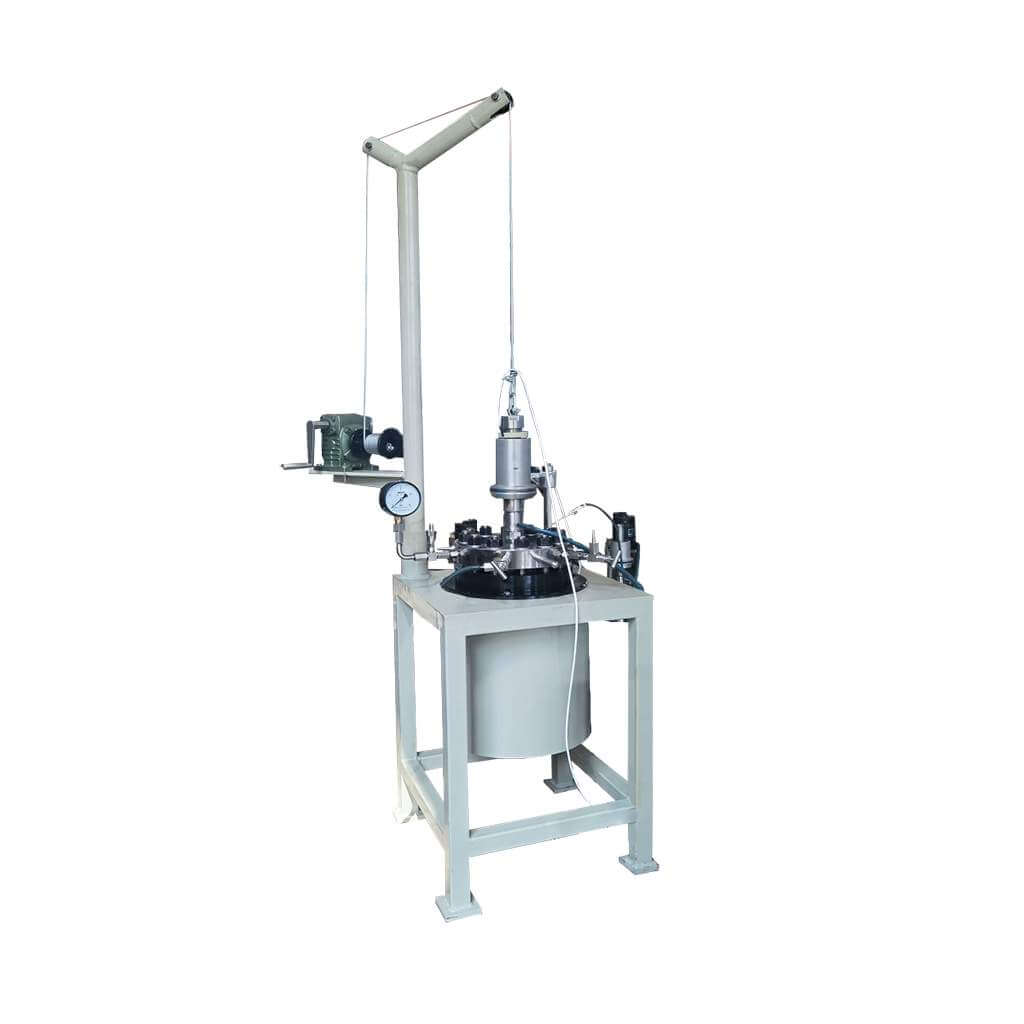
Application prospects of hydrogenation laboratory reactors
1. New drug research and development: As the pharmaceutical industry’s demand for new drugs with high efficiency, low dose, and low toxicity increases, hydrogenation laboratory reactors have become key equipment for synthesizing natural products or designing new molecular structures. Its stable and highly controllable reaction environment makes the catalytic reaction easier to master and can effectively reduce the generation of intermediates and waste materials;
2.New material synthesis: Hydrogenation laboratory reactor plays an important role in the research of new materials. For example, in the preparation process of metal catalysts, hydrogenation laboratory reactors can be used to quickly carry out reduction reactions between various coordination groups and metal ions. In addition, in the fields of nanomaterials, optoelectronic materials, and other fields, it can also synthesize high-quality products through its precise temperature and pressure regulation function;
3. Food science: In the food industry, hydrogenation laboratory reactors can be used to simulate various processing processes and explore new product manufacturing methods. For example, when brewing beer or wine, a hydrogenation laboratory reactor can be used to adjust the time, temperature, and pH value of different stages to improve product quality;
4. Clean energy development: A hydrogenation laboratory reactor is one of the indispensable tools in the development process of fuel cells and related technologies. By using advanced catalysts and optimizing reaction conditions, efficient hydrogen production and catalytic reaction processes can be achieved. This is of great significance in promoting the development of clean energy technologies;
5. Materials Science: Hydrogenation laboratory reactors play an important role in the research and development of new materials. By controlling reaction conditions, the physical, and chemical properties and structure of materials can be changed, thereby producing new materials with specific functions or properties;
6. Synthesis of specific chemicals: Many special chemicals (such as fragrances, dyes, medical diagnostic reagents, etc.) require complex synthesis methods for production. Hydrogenation laboratory reactors provide a precise and efficient reaction environment that allows these specific chemicals to be produced in a more economical and controllable manner;
7. Chemical research: Hydrogenation laboratory reactors can be used by chemical researchers to carry out mixing, catalysis, and synthesis reactions between various chemical reagents and solutions. For example, in organic synthesis, high-temperature and high-pressure reactions can be carried out in a closed environment by controlling temperature and pressure.
As an efficient catalytic synthesis tool, the hydrogenation laboratory reactor needs to set corresponding parameters according to specific requirements and monitor their changes for experiments that require temperature and pressure control. If necessary, the temperature can be adjusted with the help of external heating or cooling equipment. By correctly understanding the wide range of applications, rational use methods, and effective maintenance points of hydrogenation laboratory reactors in different fields, you can improve experimental efficiency and extend the life of hydrogenation laboratory reactors. This will bring better quality and benefits to scientific research and industrial production.

